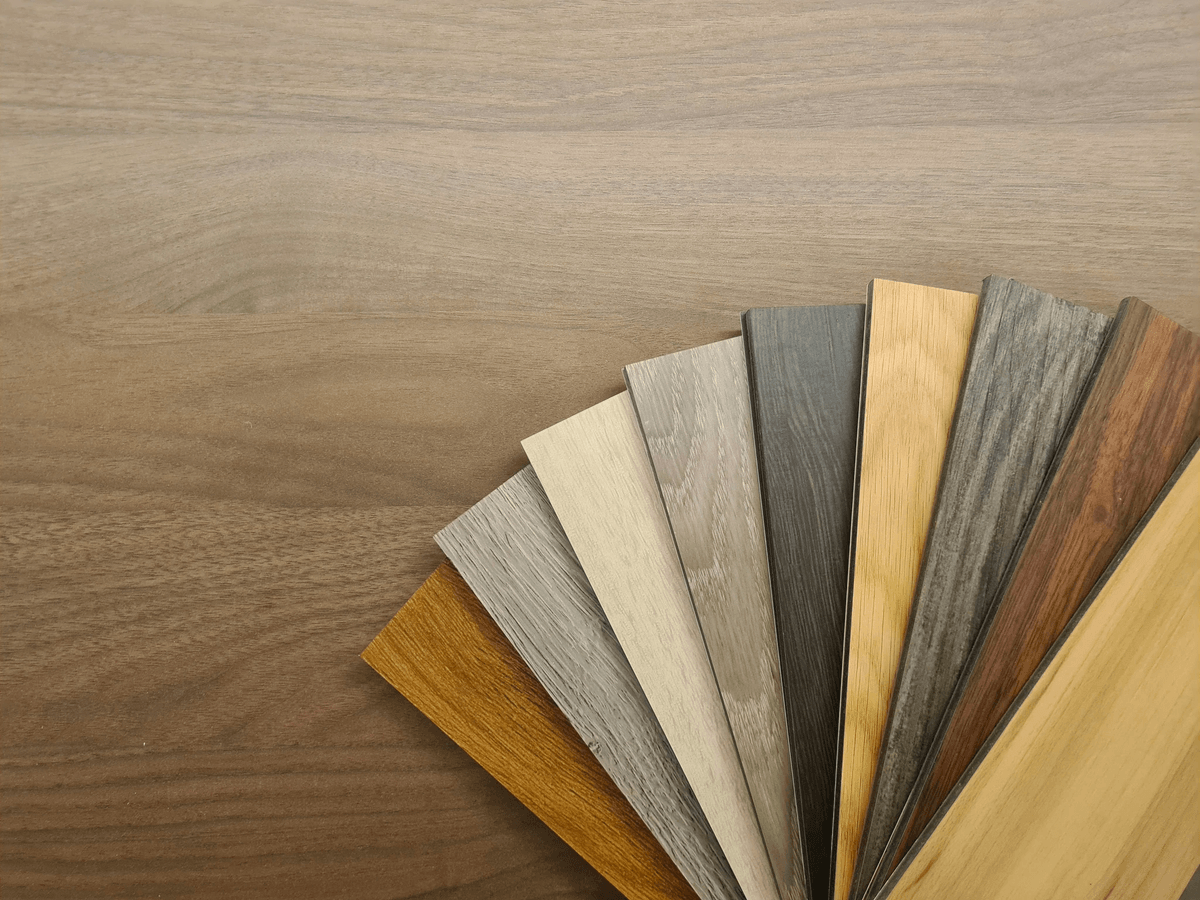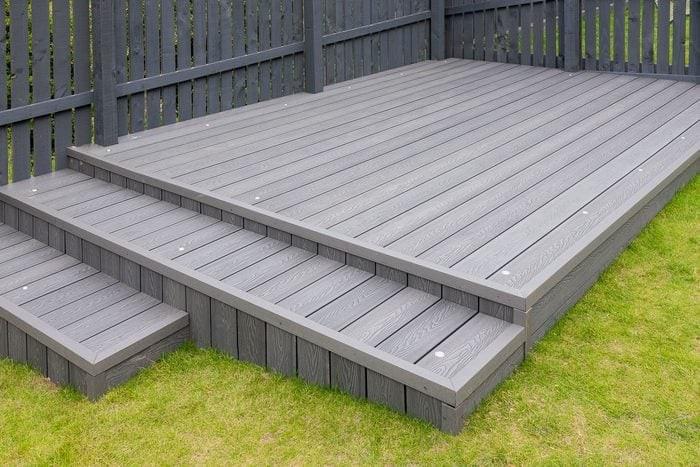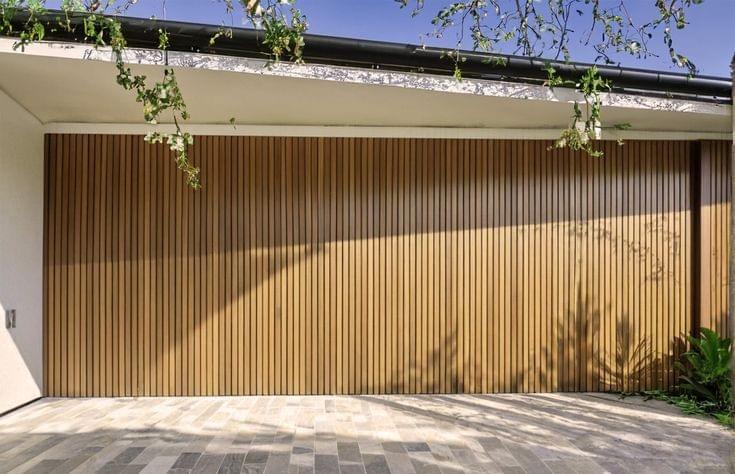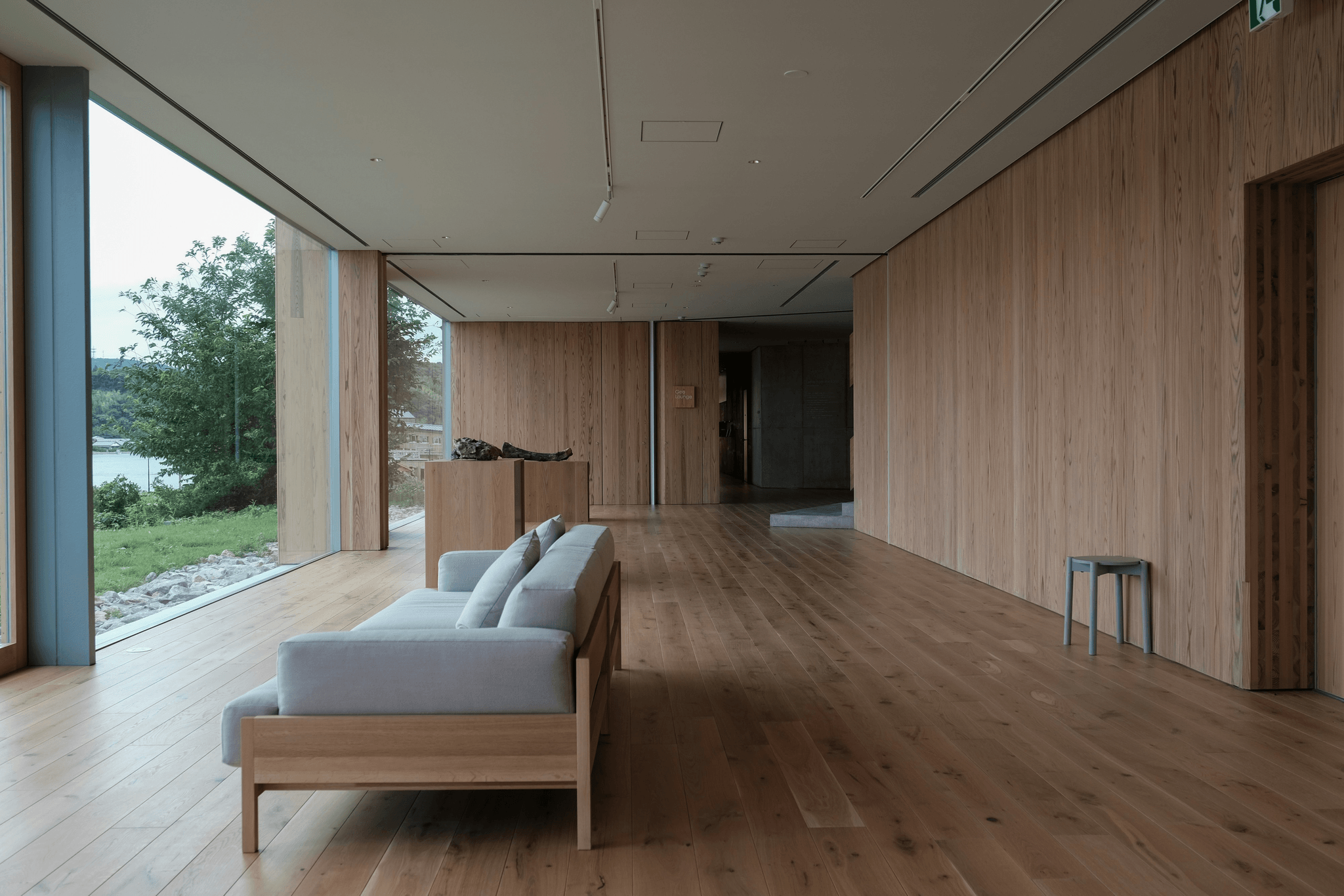Introduction

In the world of flooring, choices abound, and two popular contenders have emerged: SPC (Stone Plastic Composite) and WPC (Wood-Plastic Composite) flooring. Each offers unique benefits and aesthetic appeal, making them attractive options for both residential and commercial spaces. As we explore wood-plastic composite flooring alongside vinyl flooring, it’s essential to understand how these materials can elevate your interior design while providing practical solutions.
Understanding SPC and WPC Flooring
SPC and WPC flooring are innovative materials designed to mimic the look of traditional hardwood while offering enhanced durability. SPC flooring is composed of a rigid core made from stone plastic composite, making it exceptionally resilient against wear and moisture. In contrast, WPC vinyl plank flooring combines wood fibers with plastic composites, resulting in a softer feel underfoot while maintaining strength—perfect for high-traffic areas.
The Rise of Wood-Plastic Composite Flooring
The popularity of wood-plastic composite flooring has surged in recent years due to its eco-friendly nature and impressive performance characteristics. Homeowners appreciate that WPC vinyl plank not only looks like real wood but also resists scratches, stains, and moisture damage more effectively than traditional hardwood floors. As sustainability becomes increasingly important in design choices, products like wood plastic composite flooring offer an attractive solution without sacrificing style or functionality.
A Deep Dive into Vinyl Flooring
Vinyl flooring has long been celebrated for its versatility and affordability; however, advancements in technology have taken it to new heights with options like WPC vinyl plank offerings. This type of vinyl combines the best features of traditional vinyl with the added benefits of wood-plastic composites—creating a product that is not only durable but also visually appealing. With various designs available that mimic natural materials beautifully, modern vinyl flooring has become a go-to choice for those looking to enhance their spaces affordably.
What is SPC Flooring?

SPC flooring, or Stone Plastic Composite flooring, is a game changer in the world of hard surface flooring. This innovative product combines limestone and polyvinyl chloride (PVC) to create a highly durable and waterproof material that mimics the look of natural wood or stone. As part of the broader category of wood-plastic composite flooring, SPC is often compared to other options like WPC vinyl plank flooring due to its unique properties and benefits.
Composition and Structure
The composition of SPC flooring consists primarily of a rigid core made from a blend of natural limestone powder and PVC. This combination results in a dense, stable structure that can withstand heavy foot traffic without warping or bending—something traditional vinyl flooring often struggles with. The multi-layer construction typically includes a wear layer on top for scratch resistance, a printed design layer for aesthetic appeal, and an underlayment for added comfort underfoot.
Benefits of SPC Flooring
One major benefit of SPC flooring is its incredible durability; it’s resistant to dents, scratches, and stains while also being completely waterproof. This makes it an excellent choice for high-moisture areas like kitchens and bathrooms where traditional wood-plastic composite flooring might falter. Additionally, SPC vinyl plank offers easy installation with click-lock systems that eliminate the need for glue or nails—perfect for DIY enthusiasts looking to revamp their spaces swiftly.
Ideal Applications for SPC Flooring
SPC flooring shines in various applications due to its versatility and resilience. It’s particularly well-suited for residential spaces such as living rooms, dining areas, and even bedrooms where style meets functionality. Commercial environments like retail stores or offices can also benefit from this robust option since it can handle heavy foot traffic while maintaining its aesthetic appeal over time.
What is WPC Flooring?

Wood-Plastic Composite (WPC) flooring is a modern flooring solution that combines the best of both worlds: the natural beauty of wood and the durability of plastic. This innovative flooring option consists of a mixture of wood fibers and thermoplastics, resulting in a product that is not only aesthetically pleasing but also highly functional. WPC vinyl plank flooring has gained popularity due to its ability to withstand moisture, making it an ideal choice for various environments.
Composition and Structure
WPC flooring is composed primarily of wood-plastic composite materials, which consist of about 60-70% recycled wood fibers and 30-40% thermoplastic materials such as PVC or polyethylene. This unique blend gives WPC vinyl planks their characteristic resilience and flexibility while maintaining a lightweight structure. The core layer typically features a high-density polyethylene backing that enhances stability, while the top layer often boasts a realistic wood grain finish that mimics traditional hardwood floors.
Advantages of WPC Flooring
One of the standout advantages of WPC flooring is its exceptional water resistance, making it suitable for areas prone to spills or humidity, such as bathrooms and kitchens. Additionally, this type of plastic composite flooring provides excellent sound insulation compared to other options like traditional vinyl flooring, ensuring a quieter living environment. Furthermore, WPC vinyl plank flooring is easy to install with click-lock systems, allowing for DIY projects without the need for professional help.
Where to Use WPC Flooring
WPC flooring can be used in various settings due to its versatility and durability; it’s perfect for residential spaces like living rooms and bedrooms as well as commercial environments such as offices or retail stores. Its water-resistant properties make it particularly well-suited for areas subject to moisture exposure like basements or laundry rooms where spills are likely to occur. Additionally, many homeowners are choosing wood-plastic composite flooring for outdoor applications; at Composite Decking Inc., we specialize in providing sustainable decking solutions that enhance outdoor living spaces while offering long-lasting performance.
Comparing SPC and WPC Flooring

Durability and Maintenance
SPC flooring is known for its impressive durability, thanks to its rigid core construction that resists impacts and heavy foot traffic. This makes it an ideal choice for high-traffic areas like commercial spaces or busy households. On the other hand, WPC flooring offers a softer feel underfoot due to its foam core, which can provide additional comfort but may be more susceptible to dents or scratches, especially in settings with heavy furniture.
Maintenance-wise, both SPC and WPC vinyl plank flooring require minimal effort compared to traditional hardwood floors. Regular sweeping and occasional mopping will keep your wood plastic composite flooring looking fresh without the need for refinishing or special cleaning products. However, it's worth noting that while SPC’s rigid surface can withstand moisture better than WPC, both options are generally resistant to spills when properly installed.
Cost Considerations
Cost is often a deciding factor when selecting between SPC and WPC vinyl plank options. Generally speaking, SPC flooring tends to be more budget-friendly due to its simpler manufacturing process and materials used in production. However, WPC flooring can sometimes justify a higher price point with its enhanced comfort features and acoustic benefits—perfect for multi-story buildings where sound insulation is a concern.
While initial costs are important, consider long-term value as well; durable SPC options may save you money on repairs or replacements over time compared to their wood plastic composite counterparts. If you're working within a tight budget but still want quality materials that mimic natural wood aesthetics without breaking the bank, both types offer excellent choices at various price points.
Aesthetic Appeal
Aesthetics play a significant role in any home design project—after all, you want your space to look fabulous! Both SPC and WPC vinyl plank flooring come in an array of styles that replicate the beauty of real hardwood or stone surfaces without the maintenance headaches associated with them. With advancements in printing technology, you'll find stunning designs available across both categories that cater to diverse tastes—from rustic oak finishes to sleek contemporary looks.
WPC's softer texture often lends itself well to cozy environments like living rooms or bedrooms where warmth is desired; meanwhile, the sturdy appearance of SPC can elevate modern spaces such as kitchens or offices with its clean lines and resilience against wear-and-tear. Ultimately, your choice may come down to personal preference—whether you lean towards the plush feel of wood-plastic composite flooring or the robust characteristics offered by plastic composite flooring.
Pros and Cons of SPC Flooring

SPC (Stone Plastic Composite) flooring has quickly gained popularity as a robust alternative to traditional flooring options. Its unique composition combines limestone and PVC, resulting in a product that is not only durable but also waterproof. This makes SPC flooring an excellent choice for areas prone to moisture, such as kitchens and bathrooms, while still offering the aesthetic appeal of wood-plastic composite flooring.
Benefits of SPC Flooring
One of the standout benefits of SPC flooring is its incredible durability. Unlike traditional vinyl flooring, which can be susceptible to scratches and dents, SPC is designed to withstand heavy foot traffic without showing wear and tear. Additionally, the waterproof nature of this plastic composite flooring means it won't warp or swell when exposed to humidity or spills, making it ideal for busy households.
Another advantage is the ease of installation associated with SPC flooring. Many options come with a click-lock system that simplifies the DIY installation process—no glue or nails required! This feature not only saves time but also reduces labor costs if you're hiring professionals for your project.
Finally, SPC flooring offers an impressive range of designs that mimic natural wood grain and stone textures beautifully. With options that rival wpc vinyl plank selections in terms of aesthetics, homeowners can achieve their desired look without sacrificing performance or durability.
Drawbacks of SPC Flooring
While there are many advantages to SPC flooring, it does come with some drawbacks worth considering. One notable limitation is that it can feel colder underfoot compared to other materials like WPC (Wood-Plastic Composite) flooring due to its rigid structure. If you prefer a warmer feel in your living spaces, this could be a potential downside.
Additionally, while SPC is highly durable against scratches from furniture or pets, it may still show signs of wear over time if subjected to extreme conditions or heavy impacts. This means you’ll want to take care when moving heavy objects across your floors—something that's less critical with wpc vinyl plank products known for their resilience.
Real-World Use Cases
SPC flooring has proven itself effective in various environments due to its versatility and performance traits. For instance, many homeowners choose this type of vinyl plank because it's perfect for high-moisture areas such as basements or laundry rooms where water exposure is common. With its waterproof capabilities and stylish finishes resembling wood-plastic composite flooring designs, it's no surprise that homeowners are opting for this solution over traditional materials.
Commercial spaces also benefit from using SPC products; they are often installed in retail stores and restaurants where foot traffic can be intense. The durability factor ensures these establishments maintain their visual appeal while providing a safe surface that's easy to clean—a necessity in busy environments where spills occur frequently.
Lastly, schools and hospitals have embraced SPC due to its low-maintenance nature combined with high durability standards necessary for these facilities' demands. The combination makes it an excellent choice for institutions looking for long-lasting solutions without compromising on aesthetics or hygiene standards.
Pros and Cons of WPC Flooring

Wood-plastic composite (WPC) flooring has gained popularity for its unique blend of aesthetics and functionality. This innovative flooring option combines the best features of wood and plastic, resulting in a product that is both visually appealing and highly durable. However, like any flooring solution, WPC vinyl plank flooring comes with its own set of strengths and limitations.
Strengths of WPC Flooring
One of the standout strengths of wood-plastic composite flooring is its exceptional durability. Unlike traditional hardwood or even some types of vinyl flooring, WPC flooring is resistant to moisture, making it an ideal choice for areas prone to spills or humidity, such as kitchens and bathrooms. Additionally, wpc vinyl plank offers a comfortable underfoot feel due to its thicker core compared to standard vinyl options, providing warmth during colder months.
Another significant advantage is its ease of installation. Many WPC products come with a click-lock mechanism that allows for straightforward DIY installation without the need for glue or nails. This feature not only saves time but also reduces labor costs when compared to other types of flooring systems.
Lastly, the aesthetic appeal cannot be overlooked; wood plastic composite flooring mimics the look of natural wood beautifully while offering a range of colors and textures that suit various design styles. Whether you prefer rustic charm or modern elegance, you can find a wpc vinyl plank that fits your vision perfectly.
Limitations of WPC Flooring
While there are many benefits to using wpc flooring, it's essential to consider some limitations as well. One notable drawback is that although it offers good durability against moisture, it may not be as resilient as traditional hardwood in high-traffic areas over time. Heavy furniture or sharp objects can potentially dent or scratch the surface if not handled carefully.
Moreover, WPC products tend to be more expensive than standard laminate or even some types of traditional vinyl flooring options. For budget-conscious homeowners looking for cost-effective solutions without compromising on quality too much, this could be a deal-breaker when weighing their choices in plastic composite flooring.
Finally, while many manufacturers offer warranties on their products, it's crucial to understand that not all WPC floors are created equal; quality can vary significantly between brands. Therefore, doing thorough research before purchasing is vital to ensure you're investing in high-quality wood-plastic composite materials.
Applications in Modern Design
WPC vinyl plank flooring has found its niche across various design applications due to its versatility and aesthetic appeal. Its moisture resistance makes it particularly suitable for residential spaces like kitchens and bathrooms where spills are common but still stylish enough for living rooms and bedrooms where comfort meets design flair.
In commercial settings such as retail stores or offices requiring durable yet attractive surfaces underfoot, wood-plastic composite solutions shine brightly too! Designers appreciate how easy it is to incorporate these materials into open-concept layouts while maintaining an inviting atmosphere.
Moreover, Composite Decking Inc recognizes the potential for outdoor applications—using similar technology found in their decking solutions—to create cohesive indoor-outdoor living spaces seamlessly blending style with functionality! With options available for both indoor environments and outdoor decks alike—it's no wonder this innovative material continues gaining traction among homeowners seeking long-lasting beauty without sacrificing performance.
Conclusion

Choosing the right flooring can feel like navigating a labyrinth, especially with options like SPC and WPC flooring vying for your attention. Both wood-plastic composite flooring and vinyl flooring offer unique benefits, but determining which is best for your specific needs requires careful consideration. Ultimately, it boils down to understanding the nuances of each type, including their composition and ideal applications.
Choosing Between SPC and WPC Flooring
When deciding between SPC and WPC flooring, consider factors such as durability, comfort underfoot, and moisture resistance. SPC vinyl plank flooring is often favored for high-traffic areas due to its superior durability and rigid core structure, making it less susceptible to dents or scratches. On the other hand, if you're looking for a softer feel with added warmth, wood plastic composite flooring might be your go-to choice thanks to its cushioned backing.
It's also essential to think about aesthetics; both types of flooring come in various styles that mimic natural wood beautifully. If you desire a more realistic wood look without sacrificing performance, wpc vinyl plank options can provide that perfect balance. Remember that while both are excellent choices, the best option will align with your specific lifestyle needs.
Factors to Consider for Your Space
Before making a final decision on your flooring choice—whether it's wpc vinyl plank or traditional vinyl—consider the environment in which it will be installed. For spaces prone to moisture like bathrooms or basements, SPC's waterproof capabilities make it an ideal candidate. Conversely, if you're aiming for comfort in living areas or bedrooms where warmth is desired underfoot, then opting for wood plastic composite flooring could enhance the coziness of those spaces.
Additionally, think about maintenance requirements; plastic composite flooring tends to require less upkeep than traditional materials while still providing a stunning appearance over time. The ease of cleaning both SPC and WPC makes them favorable choices for busy households or commercial settings alike. Ultimately, evaluating these factors will guide you toward selecting the most suitable option tailored specifically for your environment.
Resources for High-Quality Options
If you’re ready to take the plunge into either SPC or WPC flooring but need guidance on where to find high-quality products, look no further than Composite Decking Inc! With years of industry experience under their belt, they specialize in providing homeowners and designers with durable solutions that combine modern technology with eco-friendly innovation—perfectly aligning with today’s trends towards sustainability without compromising on style.
Their extensive range includes various styles of wpc vinyl plank options designed not only for aesthetic appeal but also longevity against wear and tear over time. Explore their offerings online or visit one of their showrooms to see firsthand how wood-plastic composite flooring can transform your space into something truly remarkable!
